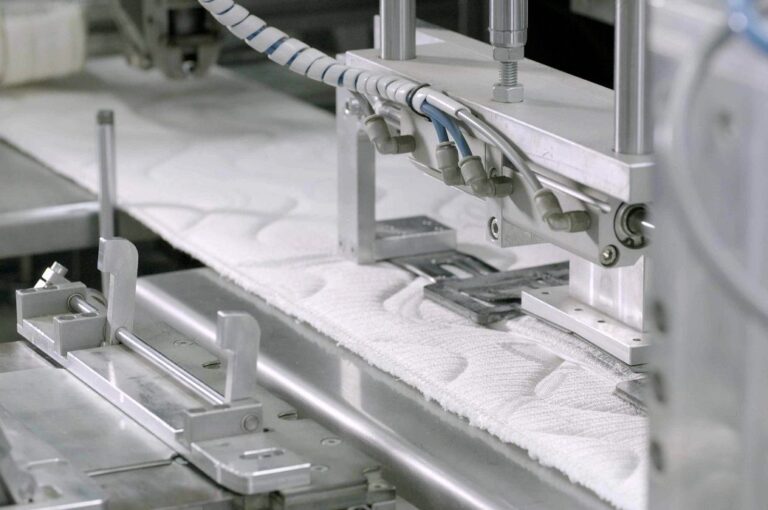
[ad_1]
The study, entitled ‘Electrification of Heating in the Textile Industry: A Techno-Economic Analysis for China, Japan, and Taiwan,’ highlights the potential energy savings, CO2 emissions reductions, and costs of implementing electrification technology pathways in the industry.
The findings of the study provide several key recommendations for the textile industry and policymakers to scale up electrification and accelerate carbon emissions reductions, Outdoor Industry Association said in a press release.
Five members of the OIA Climate Action Corps, including Burton, New Balance, Patagonia, REI Co-op, and Gore’s Fabrics Division, have released a joint-commissioned study focused on the feasibility of electrifying the textile and apparel industry. The study found that shifting to industrial heat pumps can lead to significant energy reductions.
The study was sponsored by Patagonia, with OIA facilitating the collaboration between the five companies and the industrial decarbonisation consulting firm Global Efficiency Intelligence. The goal of the research was to reduce emissions in the apparel industry’s supply chain by shifting from carbon-intensive thermal heating processes powered by fossil fuels to more efficient, clean electrified processes that use low- or zero-carbon electricity. The study focused on the textile industry, with a particular emphasis on tier 2 factories in China, Japan, and Taiwan, but its recommendations are applicable to other geographies as well.
The collaborators have also hosted stakeholder engagement activities to inform stakeholders of the research findings and encourage them to adopt clean heat processes that will reduce greenhouse gas emissions in the textile and apparel industry. The study’s results have been published on Global Efficiency Intelligence’s (GEI) website. This collaborative effort is a significant step towards mitigating the impact of the climate crisis and reducing carbon emissions in the textile and apparel industry.
“One of the biggest issues in reducing greenhouse gas emissions in our apparel and textile supply chains is thermal energy—steam and hot water for heating processes in factories. Can we use something other than coal, natural gas, or other fossil fuels? Our study demonstrates how there is an opportunity to decarbonise thermal heating processes in apparel and textile factories in a way that reduces emissions, energy, and cost over time,” said Sarah Rykal, senior manager of OIA’s Climate Action Corps.
Fibre2Fashion News Desk (DP)
[ad_2]
Source link